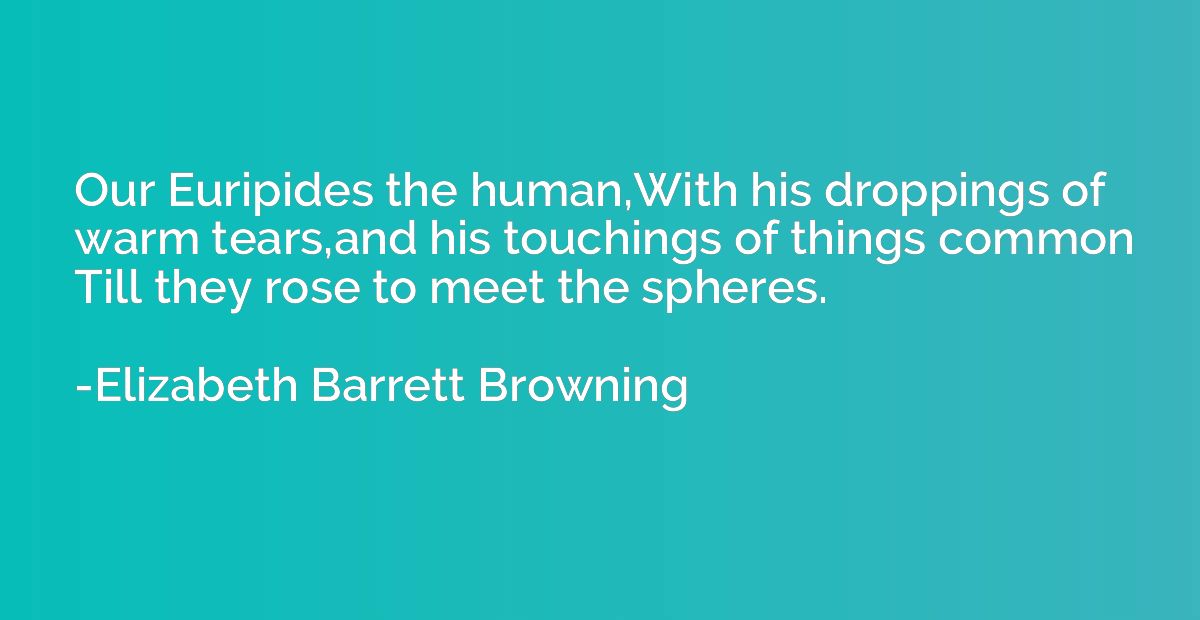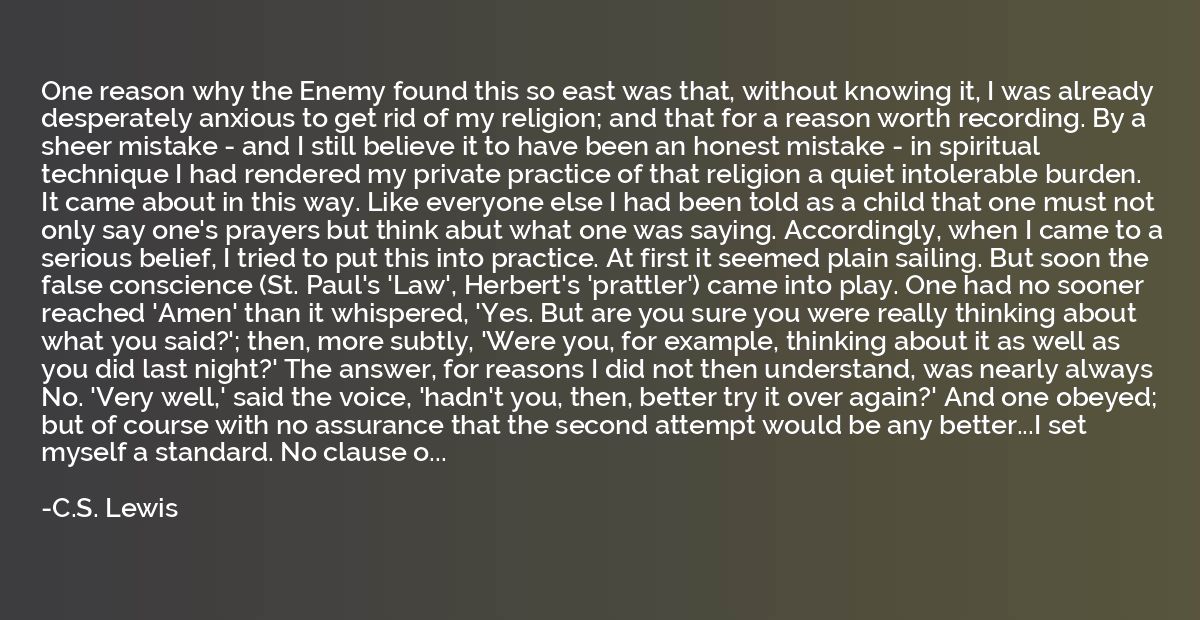Quote by Elizabeth Barrett Browning
Our Euripides the human,With his droppings of warm tears,and his touchings of things common Till they rose to meet the spheres.

Summary
This quote refers to the Greek playwright Euripides, highlighting his ability to evoke strong emotions and make ordinary subjects transcend to a higher level of significance. The phrase "droppings of warm tears" suggests Euripides' skill in writing and portraying deeply moving scenes that elicit genuine emotions from the audience. Additionally, the phrase "touchings of things common Till they rose to meet the spheres" hints at Euripides' capability to elevate mundane, everyday experiences into something profound and meaningful. Overall, the quote praises the emotional power and transformative qualities of Euripides' works.














